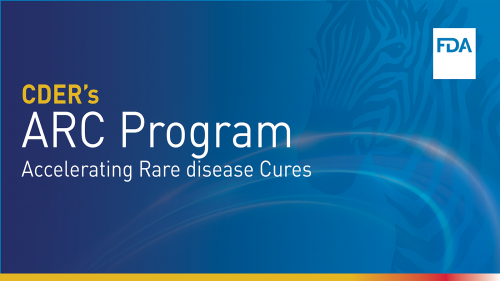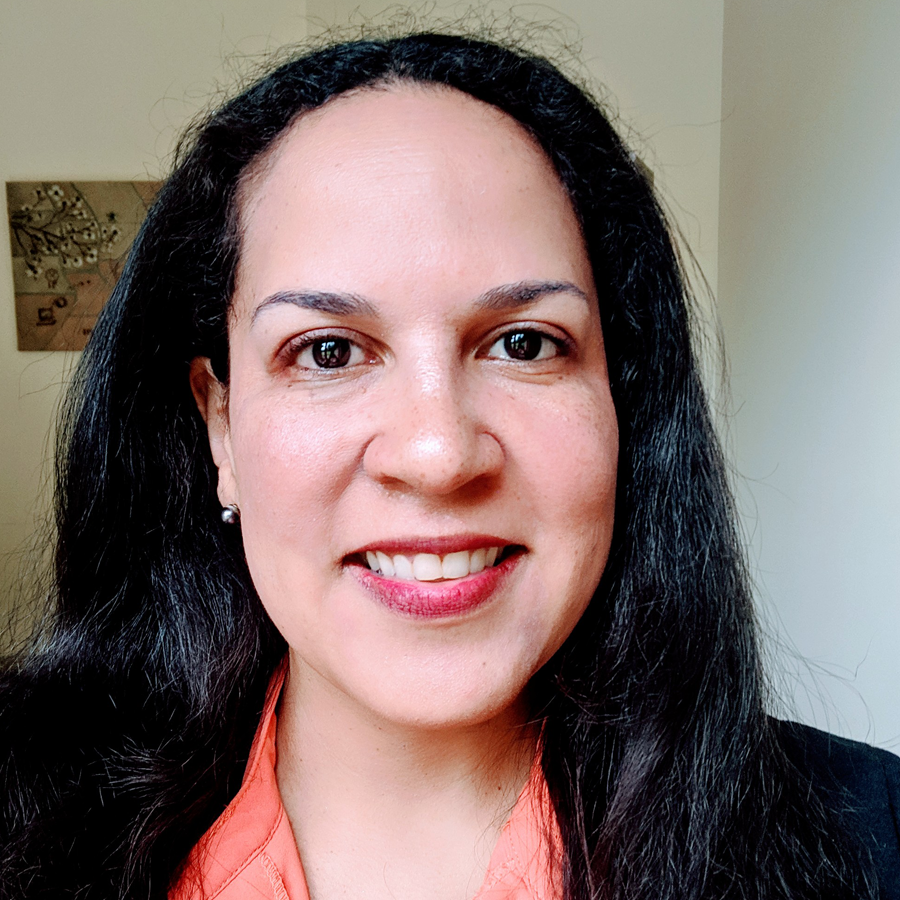Accelerating Rare disease Cures (ARC) Program Emerges as a Conduit for Empowering Rare Disease Stakeholders

By: Kerry Jo Lee, M.D., Associate Director for Rare Diseases, Rare Diseases Team, Division of Rare Diseases and Medical Devices, Office of Rare Diseases, Pediatrics, Urologic and Reproductive Medicine, Office of New Drugs, Center for Drug Evaluation and Research
Assuring that drugs are safe and effective is the core mission of the U.S. Food and Drug Administration’s Center for Drug Evaluation and Research (CDER), and our rigorous evaluation standards reflect this mission. The agency recognizes the unique challenges that developers face in demonstrating the safety and effectiveness of drugs for rare diseases — and we want to help foster therapeutic development in this area.
Last year, CDER launched the Accelerating Rare disease Cures (ARC) Program to help bridge the gap between the complexities of rare disease drug development and the pressing needs of patients. One year later, ARC has emerged as a conduit for empowering rare disease stakeholders (patients, patient advocates, drug developers, and academic researchers) to harness their collective experiences and expertise to drive progress.
Year One of the ARC Program
The ARC Program strives to increase the number of treatments by promoting innovative scientific design, providing a deeper understanding of regulatory policies, and engaging with patients and their advocates, and other rare disease stakeholders. ARC is a CDER-wide program built on collaboration among the Office of the Center Director, Office of New Drugs, Office of Translational Sciences and Office of Communications. It also brings together offices and centers across the agency, such as the Office of the Commissioner, the Center for Biologics Evaluation and Research, the Center for Devices and Radiological Health, and the Oncology Center of Excellence.
In its first year, the ARC Program strengthened internal and external partnerships with stakeholders and engaged with outside experts to help find solutions for the challenges in rare disease drug development. Under the program, CDER launched the Learning and Education to Advance and Empower Rare Disease Drug Developers (LEADER 3D) initiative to better understand the hurdles in bringing rare disease products to market. As part of this initiative, CDER and our stakeholders identified complex regulatory topics that would benefit from additional or expanded educational materials. We participated in public workshops to share regulatory perspective and knowledge on topics, such as regulatory fitness for rare disease drug development, real-world data in rare disease drug development, and complex innovative design approaches.
ARC also worked closely with other crucial rare disease scientific drug development resources. Programs like the FDA Rare Neurodegenerative Disease Grant Program and the Rare Disease Endpoint Advancement (RDEA) Pilot Program have the potential to drive new scientific innovations in the rare disease space. ARC will work to ensure lessons from these efforts translate to and benefit the rare disease drug development community.
ARC’s emphasis on engagement and collaboration in our first year is affirmation of the essential role that all stakeholders must play to foster the development of safe and effective therapies. Through deliberate outreach, we have cultivated a robust network with patients and patient advocates, drug developers, and researchers.
The ARC Program’s Future Outreach and Regulatory Aspects of Rare Disease Drug Development
In year two, the ARC Program will build on outreach efforts to further empower the community by:
- Creating and disseminating educational materials through the LEADER 3D initiative.
- Partnering with CDER’s Patient-Focused Drug Development Program to develop patient materials.
- Sharing what we’ve learned from the use of novel endpoints for rare disease therapies in the RDEA Pilot Program.
- Participating in patient listening sessions with rare disease advocates.
The program also aims to make strides in the scientific and regulatory aspects of rare disease drug development. This includes expanding efforts in translational medicine approaches for individual rare diseases. Through regulatory science research focused on confirmatory evidence and surrogate biomarkers, as well as new initiatives to enhance translational science considerations in application review, ARC hopes to add to the knowledge base needed to help construct robust programs for rare disease drug development.
We will also work on bolstering the use, development, and knowledge of frameworks such as complex innovative designs, including Bayesian statistical approaches, and supporting platforms that facilitate rigorous use of data from natural history studies and other real-world data. Such approaches may increase the number of safe and effective rare disease drugs. The agency looks forward to continuing our efforts to help spur advancements in rare disease drug development.
For More Information:
- CDER’s Accelerating Rare disease Cures Program
- ARC Program Anniversary Update
- To receive our quarterly newsletter, please subscribe to the CDER Rare Disease News listserv.


